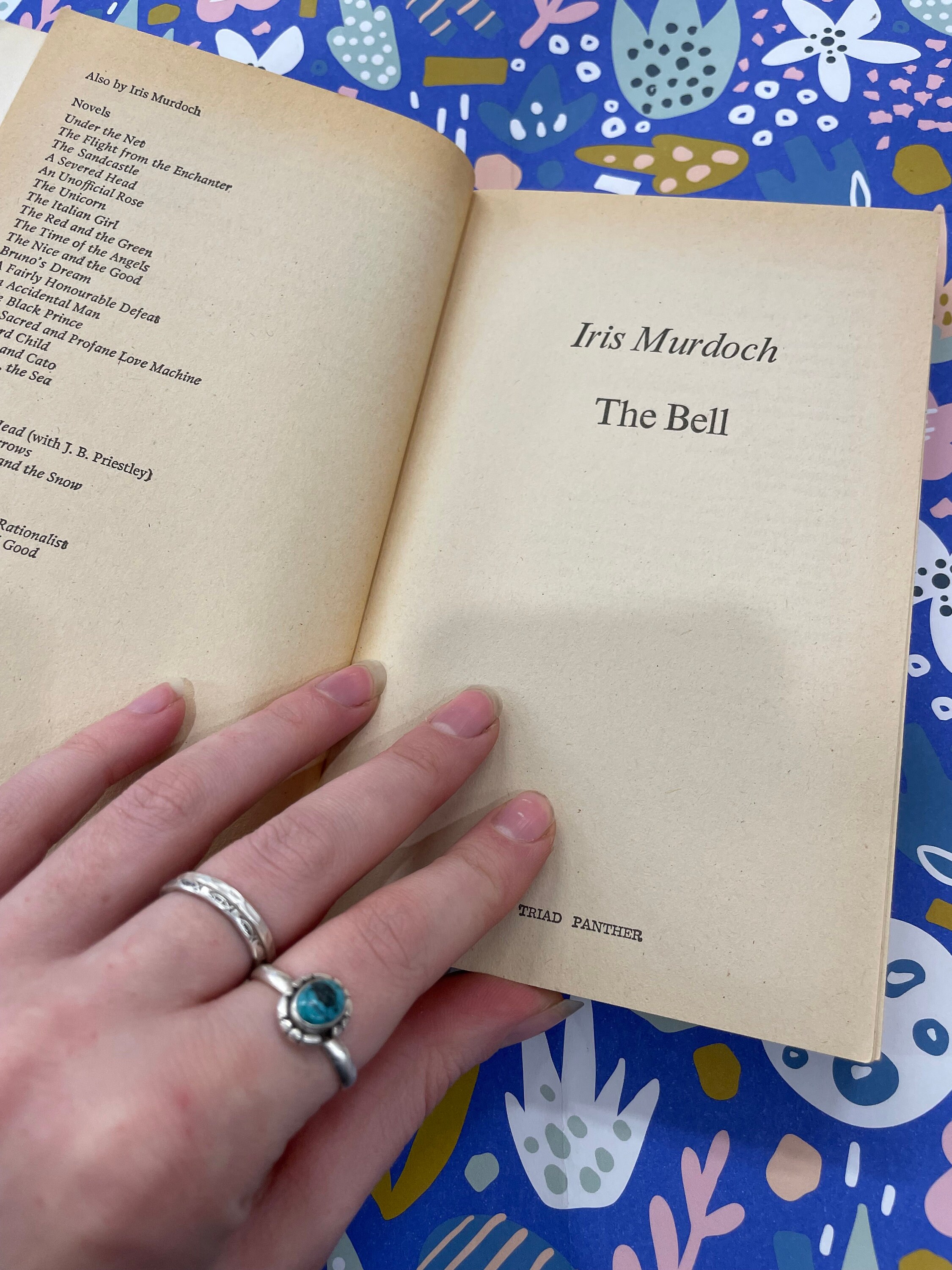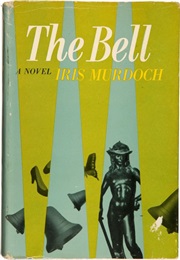

Trained in the methods of linguistic philosophy and inhabiting its capital in Oxford, she knew what the "current view" allowed one to see. Murdoch knew that she inhabited the narrowing universe of professional philosophy: her colleagues, her students, and her radio audience all inhabited a world that she understood intimately. Yet, it is striking that the diagnosis of philosophic failure was not offered from the outside. Again and again in those early years, she described the petrifications of an orthodoxy. A range of doctrines, attitudes, tones, and moods had converged, resolving into a comprehensive image of both human experience and the philosophic methods needed to study it. She found that something had crystallized in philosophy in the middle of the twentieth century, especially in Britain. In her early writings Murdoch frequently makes reference to the "current view," by which she indicates certain newly entrenched and prevailing norms of thought.

The point is not to treat her fiction as a philosophic allegory, but instead to grasp the continuity between literature and philosophy at this decisive moment in her career. 1 The aim of this essay is to establish the integrity of Murdoch's early philosophy, to recover its drama and ambition, and to situate her 1958 novel, The Bell, within her emerging metaphysical perspective. Murdoch, who had been a curiosity in Oxford-the lady philosopher, who wrote novels between tutorials-now turns out to be an important precursor of contemporary thought, especially contemporary moral thought. What seemed inevitable in the 1950s, however, has now lost its authority. Anne's College in Oxford (from 1948 until 1963), she was closely attentive to the dominating figures of her time, but there is little evidence that those figures paid any regard to her response. By temperament and accident, she found herself at odds with an establishment forming around her. She had the misfortune-or was it the luck?-to enter the philosophic world at a time when positions were clarifying, norms were settling, and methods were hardening. We are better positioned than ever to take Iris Murdoch's philosophy seriously.

Iris Murdoch: The Philosophic Fifties and The Bell In lieu of an abstract, here is a brief excerpt of the content:


 0 kommentar(er)
0 kommentar(er)
